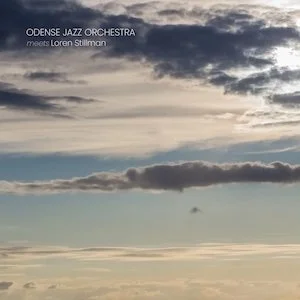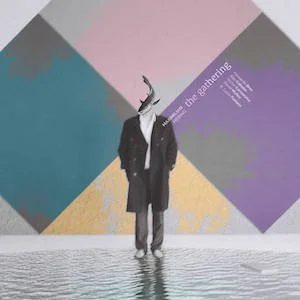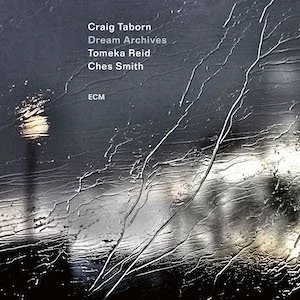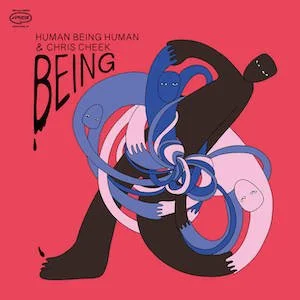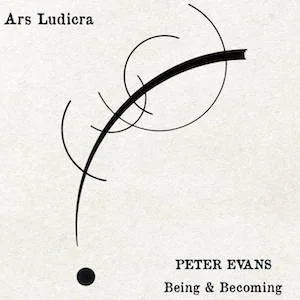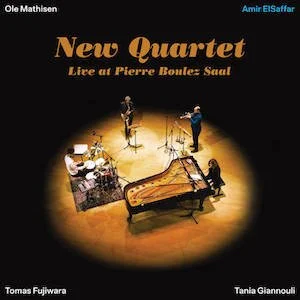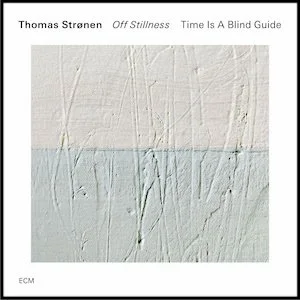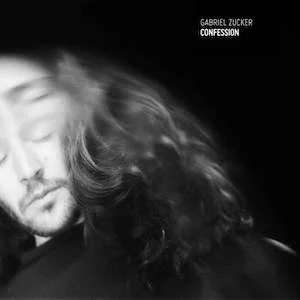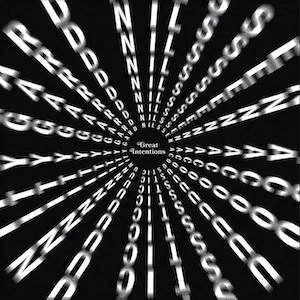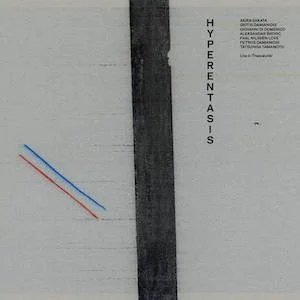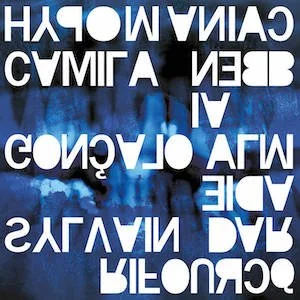Label: AMM Records, 2026
Personnel - Loren Stillman: alto and soprano saxophones + Odense Jazz Orchestra.
Conducted by trumpeter Hans Christian Erbs, the Odense Jazz Orchestra was formed in 1994 and here teams up with American saxophonist and composer Loren Stillman, who contributes six compositions shaped by the lush orchestral contours of this accomplished Danish big band.
The multiple sonic landscapes on offer invite exploration from the outset, beginning with the harmonically supple lyricism of “A Tree Falls”, compellingly layered with shifting keys and deft articulation. Stillman’s alto drives the piece toward heightened emotional peaks before the mood shifts into a lightly funk-inflected passage that provides guitarist Morten Normal with ample space for his excellent narrative sense. “Waterworks” is a richly textured work inspired by a wildflower-lined hiking trail near Missoula, Montana. Impeccably orchestrated through a churning blend of brass and reeds, it features conspicuous guitar comping with a suggestive Brazilian feel, alongside Stillman’s fluent phrasing and clarity of intent.
The blues spirit permeates “Buffalo”, underscored by a funky beat and resonant trombone commentary over a consistently tight rhythmic foundation. Stillman’s intervallic daring and remarkable articulation inject further intensity, ensuring the piece leaves a strong impression. “Like a Magic Kiss”, originally heard on his 2009 album Winter Fruits, reappears here with a gently propulsive rhythmic undercurrent and a finely balanced, synergistic dialogue between saxophone and trumpet.
“Fowlkes”, a tribute to the late trombonist Curtis Fowlkes, places melody at its core. The big band’s collective power unfolds over a 3/4 framework that feels both warm and deeply resonant. The album closes with the superb “Dervish”, a striking bridge between cultures that incorporates elements of Persian music. Its challenging meters, elegant flow, inventive rhythmic shifts, and authoritative solos result in an ethnic-hybrid jazz statement that is harmonically and texturally engaging.
The full depth and breadth of this fertile collaboration reveal themselves over repeated listens, as the band skimp on unnecessary embellishments and focuses instead on inspired, finely detailed arrangements.
Favorite Tracks:
02 - Waterworks ► 03 - Buffalo ► 06 - Dervish

